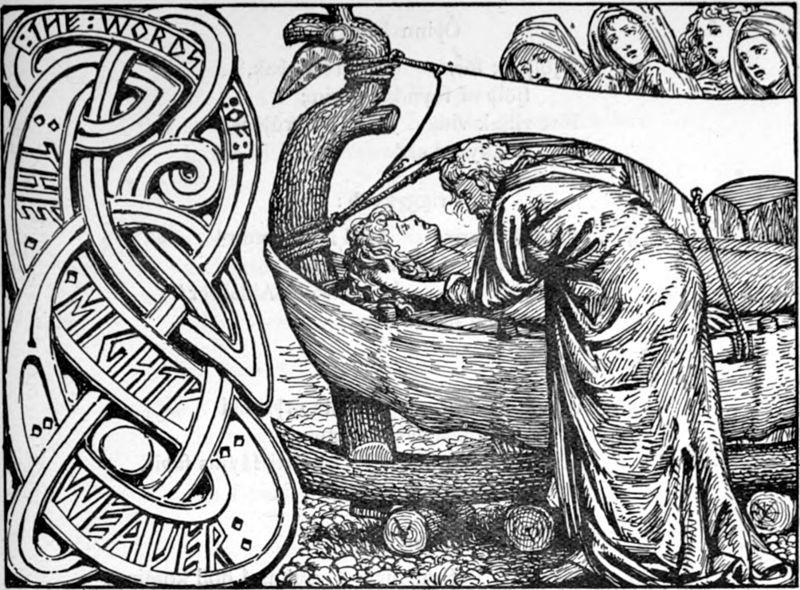 My husband and I have been arguing about who gets to write this book review (“I love this book more than you do.” “No, I love it more.”) In the interest of marital harmony, we’re both going to offer our opinions about Daniel Klein’s Travels with Epicurus: A Journey to a Greek Island in Search of a Fulfilled Life
My husband and I have been arguing about who gets to write this book review (“I love this book more than you do.” “No, I love it more.”) In the interest of marital harmony, we’re both going to offer our opinions about Daniel Klein’s Travels with Epicurus: A Journey to a Greek Island in Search of a Fulfilled Life. You get my thoughts today, and Bob’s tomorrow.
Let me begin by saying that if you’re under 50 years of age, this is probably not a book for you. But for those of us of a certain vintage, this slim volume offers a wealth of wise advice about living well as we age.
The author takes his inspiration from two main sources: the ancient Greek philosopher Epicurus and his own visits to the Greek isle of Hydra. He begins with this epigram from Epicurus: “It is not the young man who should be considered fortunate but the old man who has lived well, because the young man in his prime wanders much by chance, vacillating in his beliefs, while the old man has docked in the harbor, having safeguarded his true happiness.”
The book is set during Klein’s most recent visit to Hydra. He brought with him a suitcase of philosophy books (doesn’t everyone?), and the story is sprinkled with his distillations of wisdom from some of the world’s great thinkers. But Klein learned as much from observing the rhythms of village life as he did from philosophers. In writing about the role of play in old age, for example, he recalls seeing a group of men in a taverna:

Five old men were dancing side by side, connected one to the other by handkerchiefs held in their raised hands. Their craggy faces were tilted upward with what struck me as pride, defiance, and above all, exultation. All of them were straining to keep their backs erect, though none fully succeeded, yet their legs executed the dance’s sideward steps in perfect, graceful synchrony. When, toward the end of the song, the music gradually accelerated, their steps accelerated along with it. For a long moment after the music’s crescendo climax, they remained standing silently next to one another with upraised arms. What I had witnessed, quite simply, was a dance to life–to its endurance in spite of the totalitarian regime in Athens and, ultimately, in spite of the impediments of old age. This was play at its most exalted. I fully understood what Plato meant when he stated that pure play has intimations of the divine.
I appreciated many things about this book. I loved its blend of whimsy and bittersweetness. I loved the way it celebrates the simple pleasures of life, like eating, drinking good wine, and watching the sunset. I appreciated how it sees old age as a time for savoring and being grateful. But I think what I appreciated most is Klein’s description of the value of friendship. In this he follows the lead of Epicurus, who said, “Of all the things that wisdom provides to help one live one’s entire life in happiness, the greatest by far is the possession of friendship.”
Klein writes that as people grow older, one has fewer friends who are business connections or companions-of-convenience. If you’ve lived well, you’ve come to the point where friends are to be cherished simply for who they are, not for what they can do for you. Those interactions may be casual–the exchange of greetings with shopkeepers and neighbors–or deep and profound. And perhaps the most valuable friends of all are those with whom you can sit in companionable silence.
While Greece certainly has had its economic trials of late, this book celebrates its deep reserves of wisdom about how to live a good life. Read this book. I think you’ll learn something important from it. I know I did.











